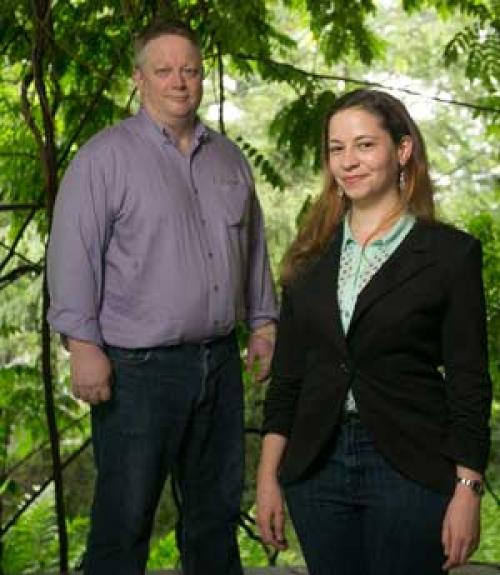People who consider themselves experts in a given topic are more likely to claim knowledge of made-up “facts” about that topic, a new study shows.
Researchers conducted a series of experiments to assess how likely people were to believe fictions presented as fact. In one of the experiments, for example, the researchers had 100 people rate their level of knowledge for personal finance by describing their familiarity with 15 different financial terms.
What the participants didn’t know was that some of the terms were fake. Click here for the full article.
Listen to an interview with the researchers, Ph.D. candidate Stav Atir and Professor David Dunning, on NPR's "Science Friday."




